Minimalism as a lifestyle is a fascinating topic that has gained a lot of momentum in recent years.
We’ve written about the legitimacy of minimalism in great detail, but as it turns out, there’s another level to this philosophy we’re yet to explore.
The recent trend within the trend is extreme minimalism. It’s not normal minimalism. No, extreme minimalism.
Now, if you don’t know what extreme minimalism is or already think that minimalism is extreme, don’t worry; I’ll explain the differences shortly.
But what’s sometimes more helpful than another definition, are examples of people who are adopting an extreme version of minimalist living.
In this post, I share two case studies of people I would consider to be extreme minimalists.
My hope with these examples is that you get some ideas of how you could be minimising things in your life to create more space for what is essential to you.
I also share why pursuing extreme minimalism may do more harm than good.
What is extreme minimalism?
Extreme minimalism is about choosing to live with absolute essentials and nothing more. Examples of extreme minimalism include willingly living without furniture and owning less than 15 items.
The best way to put it is that extreme minimalism is a more obvious example of the reduction of possessions than normal minimalism—pushing the boundaries of what would conventionally be considered comfortable.
I would hate to admit that there are levels of minimalism, but there are certainly some extremes.
So let’s look at some examples, shall we?
Extreme minimalism case study #1 – Youheum Son
Youheum is known for living an extremely minimalist lifestyle as evidenced on her YouTube channel called Heal Your Living.
She’s best known for her furniture-free apartment tour video, which went viral.
With the growth of her popularity (hitting 200k subscribers in 12 months), it’s clear that people are hungry to see these examples of extreme minimalism.
I get it. Maša and I sat there and eagerly watched her whole video with the same curiosity of millions of people around the world.
In addition to living furniture-free, Youheum ticks all of the usual minimalist standards:
- Zero waste habits
- Pastel minimalist aesthetic
- Linen everywhere
- Closed eyes in nature
- Tea
- Expressing gratitude for her possessions
Personally, I love what Youheum is about. Not only is she consciously limiting her possessions and footprint, but she also practices compassion by adopting a vegan lifestyle.
She’s living a minimalist vegan lifestyle, and she’s setting a positive example to her audience, which I respect and appreciate.
Furthermore, it’s been many years since I felt some discomfort in seeing how much she pushed the boundaries, and I think that’s healthy.
However, Youheum’s minimalist lifestyle is considered extreme by many, including herself.
As she explains on her website – “What I choose to maximise and minimise in my own life is based purely on my preference. So the amount of limitation I choose to commit to comes down to the individual level of comfort.”
Hmm hold that thought as your level of comfort is a recurring theme in this post.
First, let’s talk about the pros and cons of what is the most intriguing part of Youheum’s lifestyle, going furniture-free.
Is living furniture-free extreme?
Let’s do a quick exercise.
Close your eyes and visualise your home: each room, surface, storage and furniture.
Now remove all of the furniture from your vision—no sofas, beds, tables, chairs, dressers. No cheating!
How does it feel? To me, it feels naked, uncomfortable, incomplete and limiting.
But it also feels freeing. I mean so much space will be freed up without furniture.
I know what you’re thinking.
“It’s impractical not to have furniture. I need quality beds to sleep on, a dining table to have family dinners and chairs…I mean, do I even have to justify it? This is ridiculous!”
But is it that crazy? There was once a time when we only ate when we needed to or when we had access to food.
There was also a time when we weren’t dependent on furniture. We sat on dirt, grass, logs, tree branches, rocks. However, the thought of not having a bed and sleeping exclusively on a hammock seems crazy. Well, at least to those privileged to have a bed.
Imagining a life without furniture is a valuable exercise to practice self-imposed constraints. It shifts our perspective about what we justify as essential.
Consumerism is largely about comfort. We buy more things to seek more comfort.
Think about every consumer good you’ve purchased in the last 24 months. I bet they are all things that would make your life easier and more comfortable.
So to me, extreme minimalism is a great tool to test your current level of comfort. Is what you have as essential as you thought it was?
Or are you truly content with your current level of comfort? There’s lots to consider here.
Extreme minimalism case study #2 – Andrew Hyde
Andrew is a transient tech-consultant and organiser. He’s your typical ambitious business professional; however, he also happens to practice extreme minimalism.
Andrew made headlines for his minimalist project back in 2010, where he wrote about how he only owned 15 possessions. 15!
He later updated his minimalist project in 2012 as he increased his possessions to 39. Gee, that’s not good enough, Andrew! Just kidding 🙂
So you’re probably wondering, how did Andrew own so little? Well, for starters, he was homeless for a while and challenged his paradigm on what he thought was essential.
In Andrews situation, while he barely owned anything, there are a few things to consider when you’re effectively homeless:
- You can always borrow possessions from friends, family and anyone generous enough to help you out.
- You can eat out or use the premises of furnished accommodation to prepare meals.
- You don’t need a tv or cable if you have a computer or smartphone.
Andrew slowly tested his limits. Here’s a quote from Andrew, as reported by Life Hack, “I started with my clothing basics: 2 shirts, 1 pant, 1 short, 1 sandals, 1 sunglasses and underwear. I added a few ‘must-haves’ for me like an iPad and a camera. I added a backpack, toiletries kit, towel, and a few random things (pen, connector cable, chargers) and tried it out. After five weeks of the trip, there is more that I have not used in the bag than there is in the bag.”
It appears that Andrew kept on collecting data on his behaviour. He ruthlessly analysed what he used and what he didn’t use in a given period. He then used this information to quickly decide to pair down, again, and again until he hit 15 possessions.
Is owning less than 50 possessions extreme?
I identify as a minimalist. I’ve been known to eat only one meal a day, or wear the same clothes over and over again, but if I can tell you right now, that I own way more than 50 possessions.
I probably just have 50 things in my kitchen!
I understand the appeal of having a specific goal when it comes down to how many things you own.
Being able to say to yourself that you have less than 50 possessions makes you feel like a minimalist. It also gets you to push your level of comfort.
But is aiming for such a number extreme? I would think so.
Going furniture-free is more of an inconvenience while owning less than 50 possessions would likely require you to change who you depend on.
Using Andrew’s story as a reference, to own so little, you’d either need to depend on eating out or staying in accommodation, which may not be feasible for many people.
Another option is living with family and using their utensils while keeping your things to a minimum.
There are certainly ways to make it work, but I consider owning 50 or fewer things extreme, as it may push you past the point of practicality.
If living with intentionality leads you to find creative ways to earn money while living nomadically, then fine, it’s a worthy goal that may unlock some levels of awareness for you.
But if you’re merely pursuing a number of possessions for the sake of identifying yourself as a minimalist, or thinking that it will make you happy, you risk developing unhealthy habits of comparison and lack of contentment.
I see it all the time in minimalist Facebook groups. People are sharing and commenting on how many things they own.
The posts are positive and light-hearted, but the underlying desires of pursuing a sometimes unattainable goal is not worth the energy.
Is extreme minimalism for you?
I hope Youheum’s story of living without furniture, or Andrew’s pursuit of owning less than 50 things, has given you some idea of what extreme minimalism looks like.
The intent of this article wasn’t to say that these examples are right or wrong. I think it’s sometimes refreshing to look at what others are doing to inspire you to reevaluate what is essential and what isn’t.
Our lives are continually evolving, and it’s only natural to have different thresholds of comfort at different stages in your life. You may be ready to give up furniture for a few years to see what it feels like.
Or maybe you’re in a situation where you can live nomadically with barely any possessions for some time. But remember, just because you start living in a particular way doesn’t mean you have to continue living that way.
I think it’s valuable to push the boundaries of minimalism to recognise the impact of excessive consumerism on our lives.
Is extreme minimalism selfish?
I want to finish this post by acknowledging a different perspective of extreme minimalism.
My friend Dan published an article about how extreme minimalism is a selfish act, and I think there’s some validity to it.
Living without furniture or with 50 possessions may be empowering for an individual. Still, when you consider that we’re all part of communities of friends, family, colleagues, neighbours or strangers, these actions are not accommodating to others.
For instance, as a minimalist, I’ve served myself red wine in a mug when friends come over for dinner, as we only had two wine glasses. This was a little strange, but it pales in comparison to not having any cups available for others to use.
This is just one small example of many where the principles of minimalism are so “me, me, me” focused, to the point where others are disregarded.
I suppose it comes down to knowing what you value. If being part of a shared community is essential to your existence, then perhaps extreme minimalism isn’t for you. If your life is set up in a way where your things have minimal impact on those around you, then you can feel more comfortable practising extreme minimalism.
Again, I want to acknowledge that these are examples from Western cultures, where these limitations are self-imposed. I recognise that there are billions of people around the world who don’t have the privilege to ask such questions, yet still thrive in communities with what we’d consider to be a limitation.
Anyway, I’ve thoroughly enjoyed writing this post, and I look forward to hearing about your thoughts on extreme minimalism in the comments below.
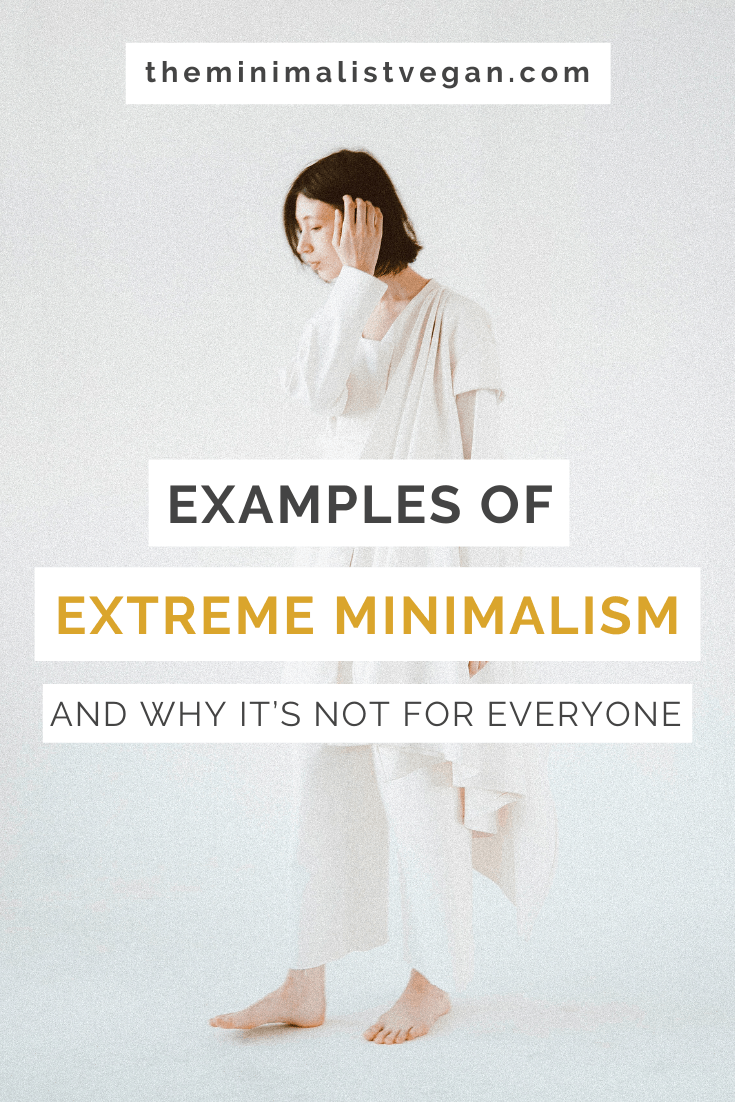

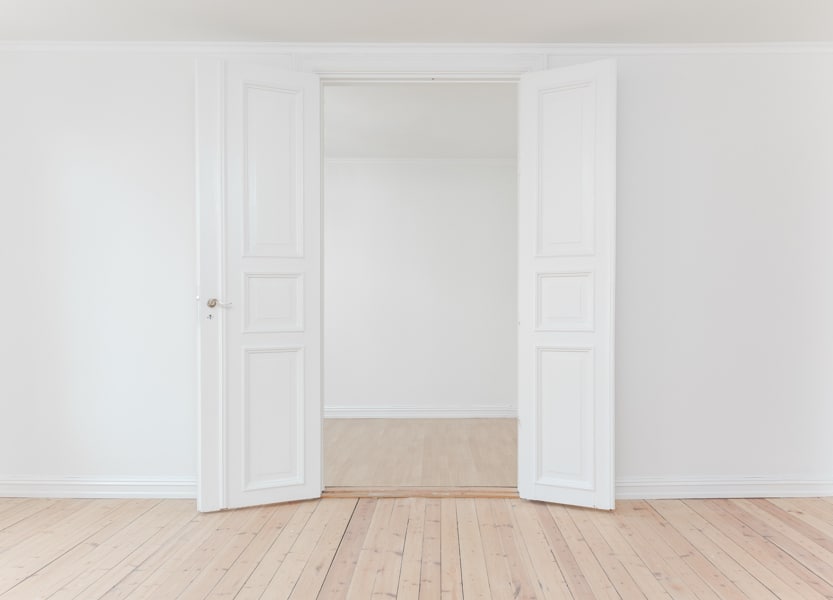
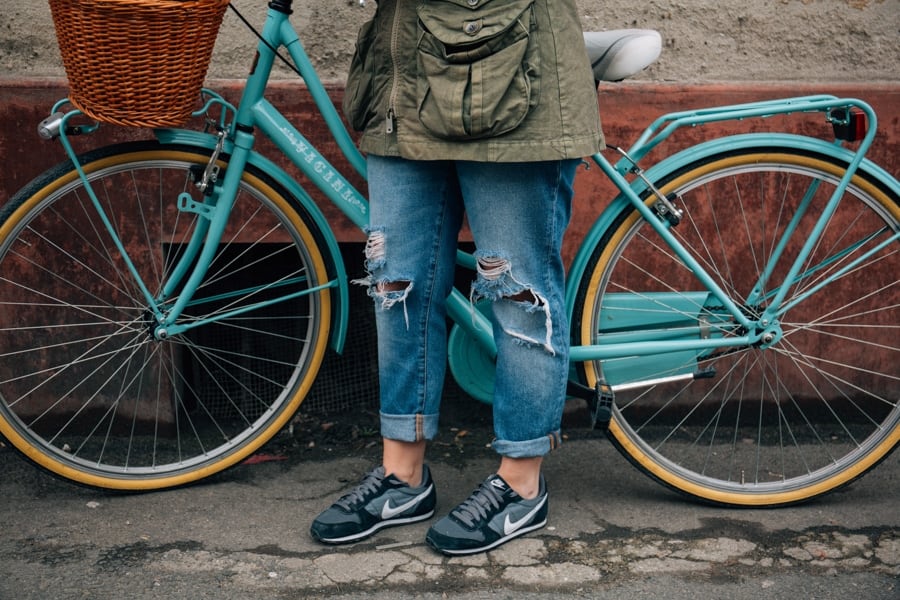
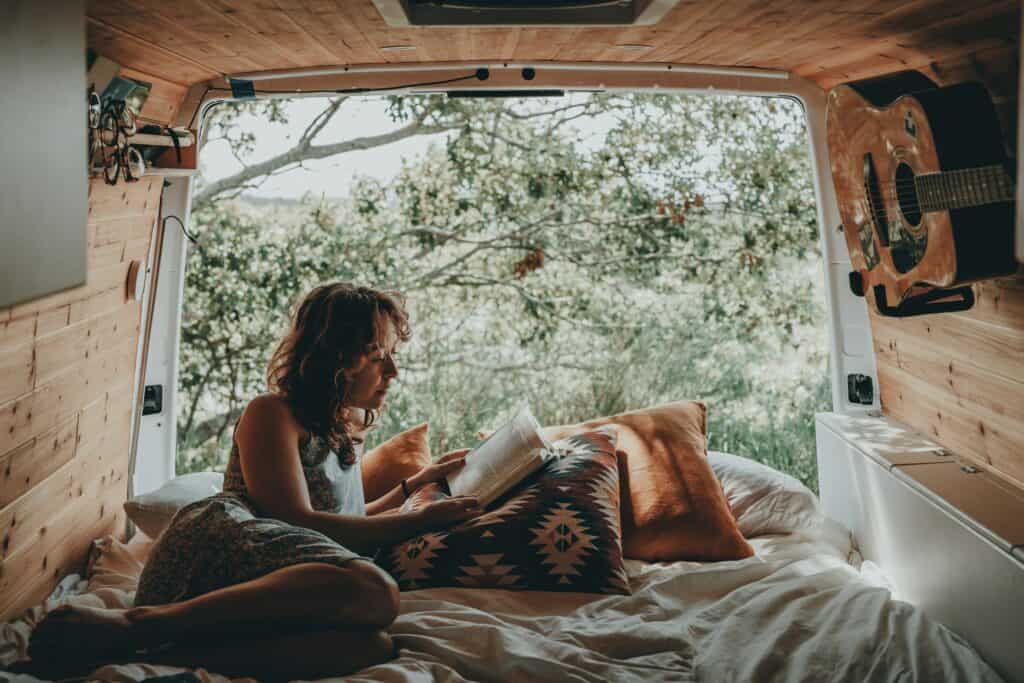
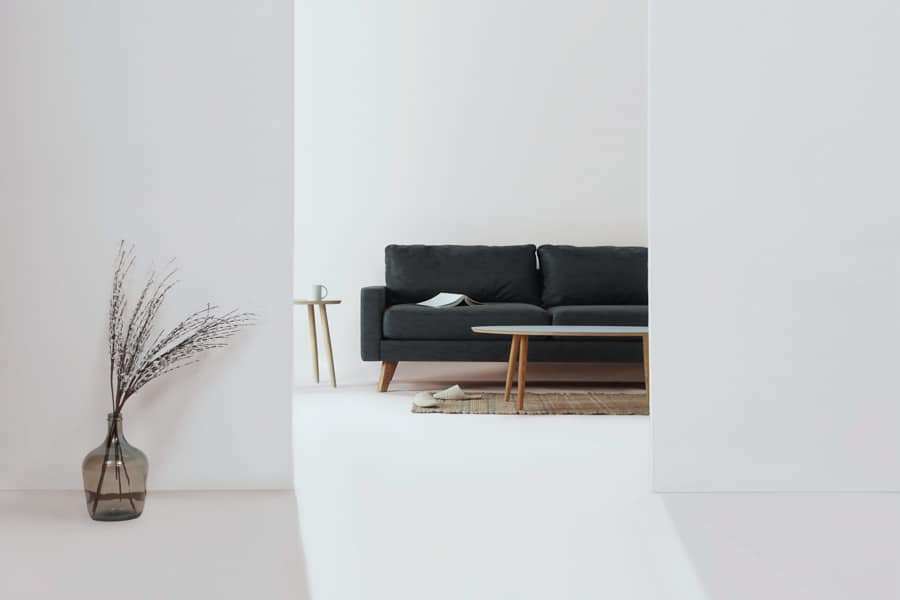
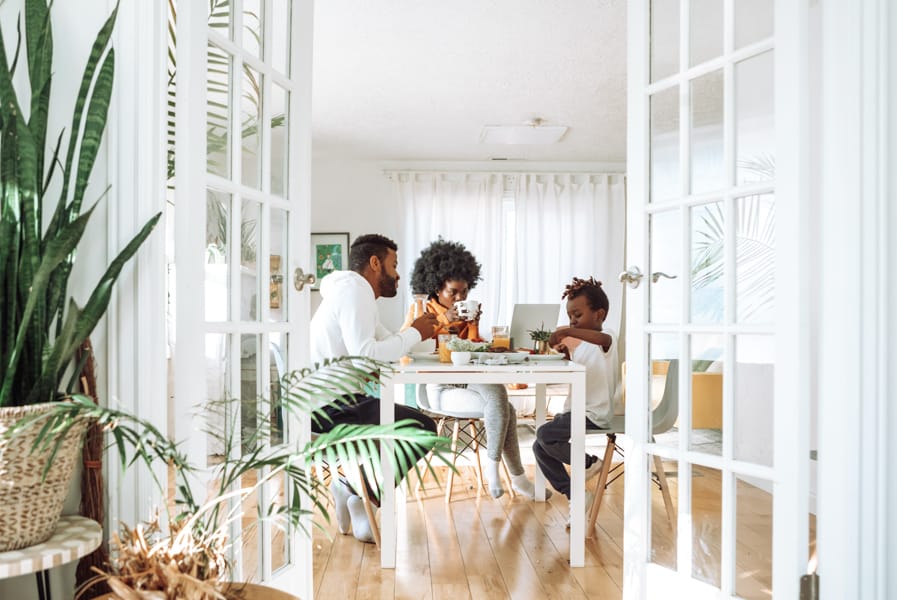
I don’t think minimalism should be a competitipn which I feel extreme minimalism tend to be. When it comes to minimalism in general people tend to tell others what is right and what is wrong. Minimalism is different for everyone, you can have more things for a specific hobby and still be a minimalism. In my country there is a better word for minimalism which is “lagom”. Not too much but not too litte. I also think it is Nottingham wrong to treat yourself something sometimes, it should not matter if you need it or not. In my opinion, it sounds just more exhausting to always think through every single thing you buy.
I’m a minimalist and I used to think that my two cats had more possessions than I did. 😂 Now with my twin babies in tow I struggle a bit with the chaos around me. Hopefully with time I’ll manage to be more organised.
Minimalism is more to me than just shedding possessions but an overhaul of my mindset and thinking and elimination of bad habits such as excessive alcohol, unhealthy food and toxic relationships and other mental and social clutter. In turn I can then focus on what is crucial and important.
I just moved into an apartment.i don’t at this time ,have it arranged or essentials .but when i tell people i don’t have Cable .they get a pitiful look on their face .I am just evaluating , between needs and wants.I am enjoying the quiet..being without a frig was challenging .I am investigating the minimal way of life.I found the article inspiring Thank you.
There are poor people who rent storage units. I find that very sad.
Many of my neighbors didn’t have furniture growing up. They weren’t minimalist. They were poor. Minimalism is fine but in some ways it feels like it’s applauding what wealthy people do out of choice, what poor people out of necessity.
I couldn’t agree more, Heather. It’s all about perspective and awareness of different experiences while also being comfortable making the best of your situation.
Wow that’s very thought provoking
We all have to make choices with our stuff and money. I feel it’s more crucial to have a really good budget of what it costs to live. I only buy what I need, but I have a clutter free well maintained home and car. I m not saying to live without the “fun stuff” but when your buying more fun stuff than maintaining your home and car, something’s wrong. Cynthia
I believe we’re ignoring the elephant in the room – extreme minimalists have obvious psychological problems. They want to be different but they end up living the same way, spouting the same philosophy and competing to see who has the least amount of stuff. You say that’s untrue? Then why do they bother stating their count – they could keep that private if they really didn’t care. I’m concerned their young viewers who haven’t yet develop their intelligence and fall prey to this absurd form of living. Let’s face it, if it was “normal” then we’d all be doing it!
Hi.
I discovered your website through Pinterest and this is an absolute delight!
I wasn’t aware a extreme minimalism existed. But I don’t think this is for me. My goal is to become minimalist when I get my own place, and I think your blog (and some others) could be really help.
Extreme minimalism however is fascinating. I’d love to see more about this. I don’t know if one day I’ll be able to become an extreme minimalist, if I could ever want it. But I think this is pretty cool some people can do it and be happy about it. I really love the momentum minimalism gets.
Its very important to reduce our footprint, and also see what’s really behind the consumerism.
Thank you for your work. 🙂
We’re grateful we were able to find each other. Yes, seeing examples of what is considered extreme is a valuable exercise to help us reflect on our behaviours. Glad you enjoyed the read!
Well, I think extreme minimalism is a bit extreme (if this makes any sense). I don’t agree living without furniture. I would get sick and depressed bot to sleep on a bed, my spine will suffer….
I’ve been watching Youheum’s videos for a while now and I try to understand her motivation. I love some principles she follows, but I could never live like that.
However, I am trying to be more sustenable. Became a vegan 5 years ago and started to declutter my wardrobe and my house since 2019. I must admit… It feels amazing to have less possessions and love them all.
In the end, I believe in balance. Extremism is never good in life 🙂
During the last few months I have filled boxes and boxes with things I don’t need. As soon as Goodwill reopens, most of it will be gone. Then there are 4 bags of books and magazines to donate to the public library. I buy much less than any of my friends. My clothes are basics in neutral colors.
I practice extreme minimalism but only with my wardrobe, personal belongings and electronics. I have always been a minimalist, as I grew up quite poor. I have embraced the life style since I was a preteen. It brings me comfort now and reduces my anxiety. That being said, I have a family of 6, all adults over the age of 23. I don’t infringe on their way of living with more. They think I’m a little weird, but love me anyway. I recently bought my husband a couch, as sitting on a pillow on top of a jute mat was uncomfortable for him. ?❤
Haha, I love it. I’m sure your husband appreciates the coach a whole lot more! Thanks for sharing your approach to being selective with how you practice extreme minimalism, especially with your family.
Thank you for another thought provoking start to Sunday morning. Your article presents a really valid approach to looking at the implications of extreme minimalism. Seeing how other people live and considering the larger global context where so many people don’t have the luxury of making these choices, because they don’t own anything anyway, is very helpful for me as a way of reconsidering my priorities and choices… ps ..your work on the minimalist vegan is wonderful!
Hi Sally, you’re too kind! It puts things into perspective when you think about people in different situations. I’m glad you found this post helpful.